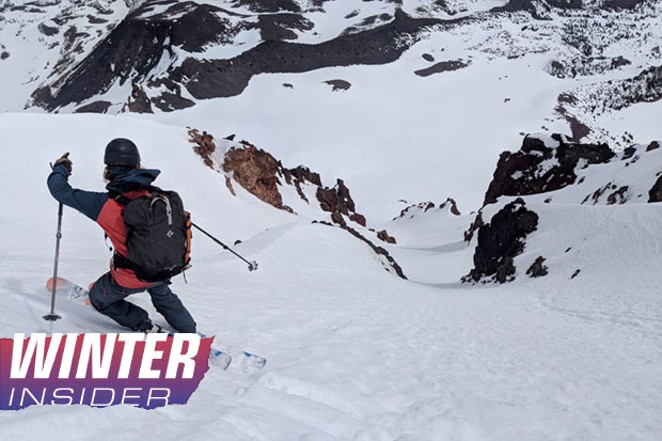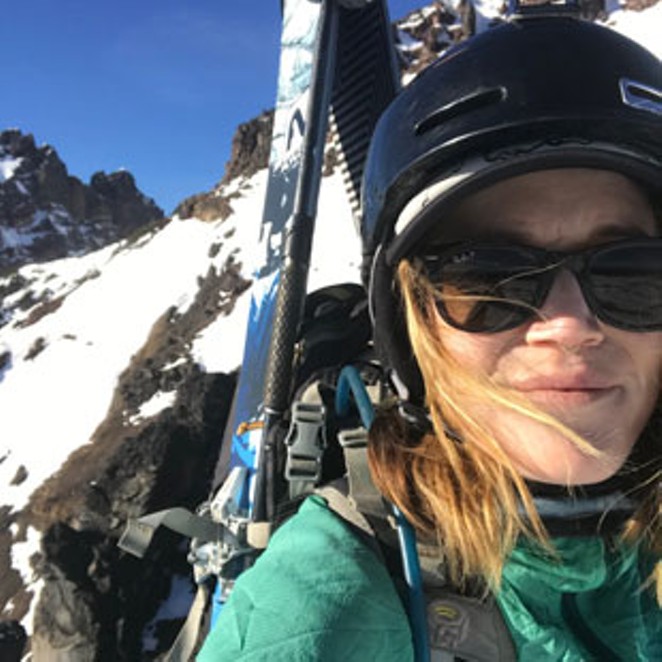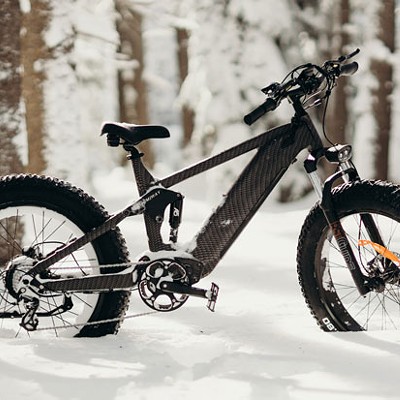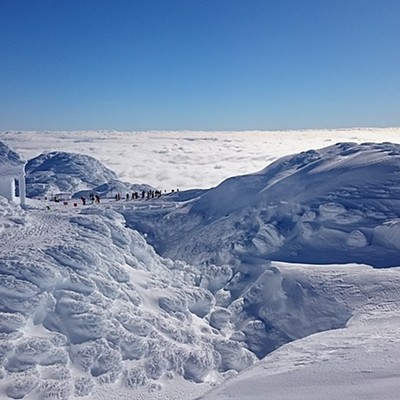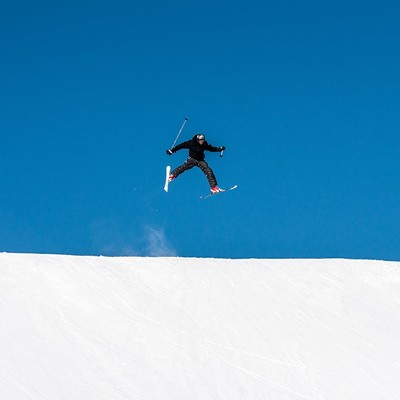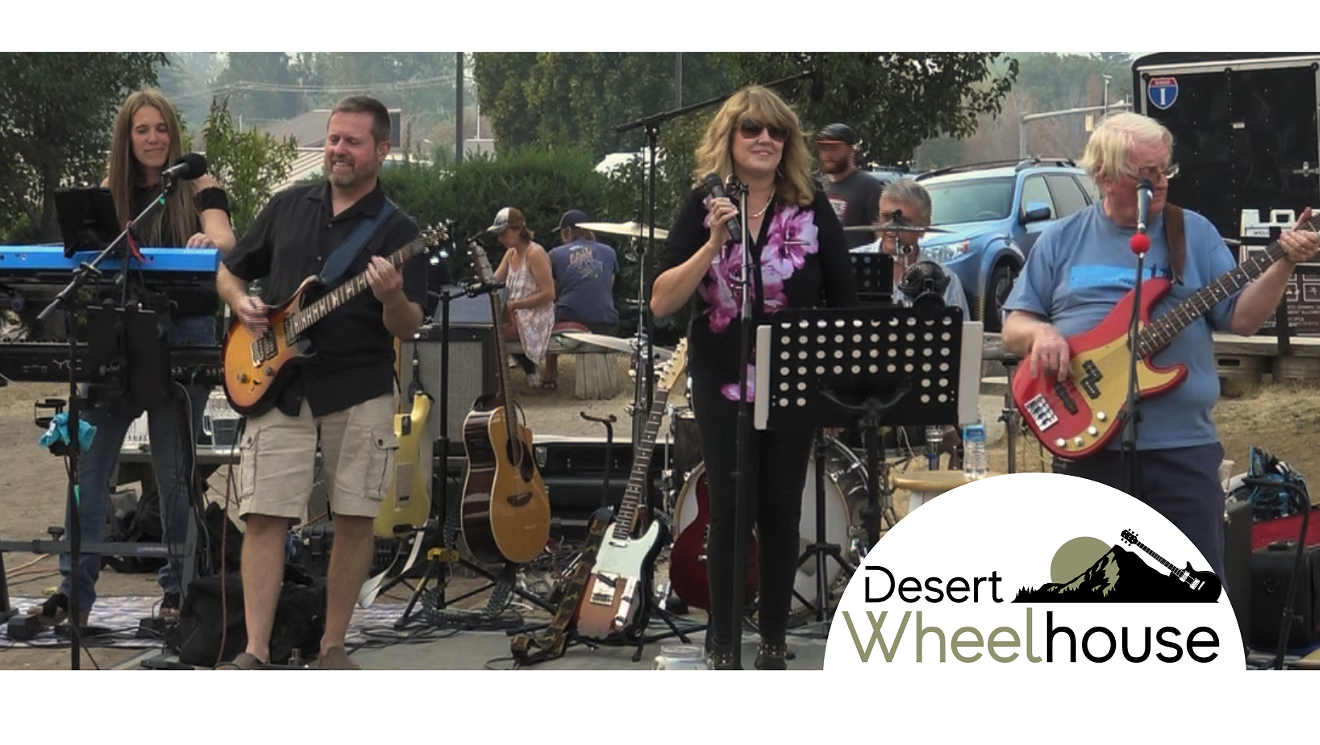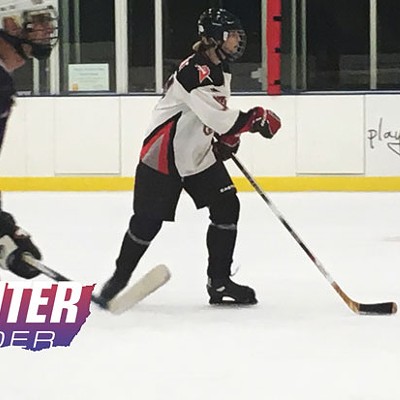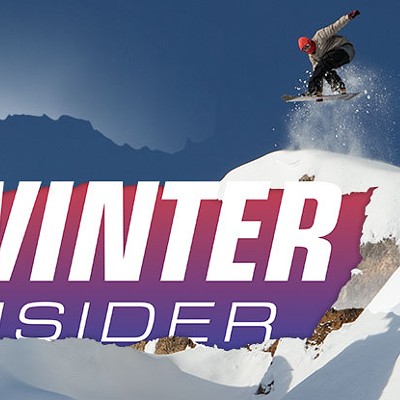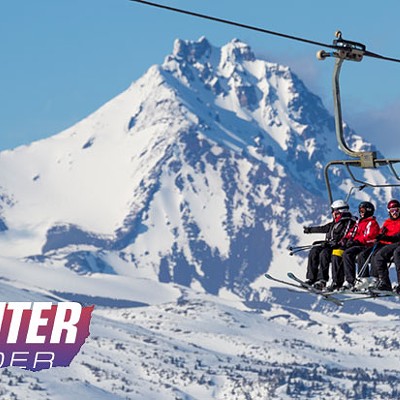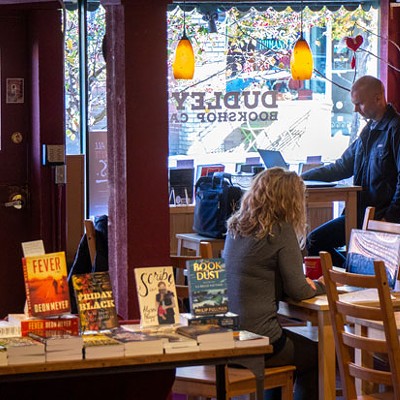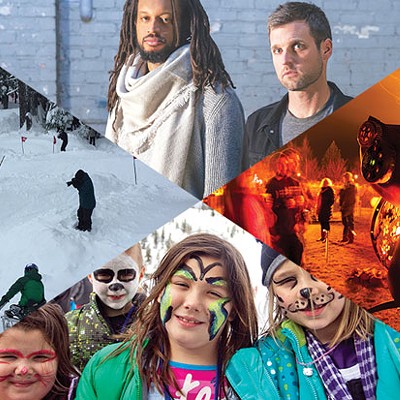The first time I went backcountry skiing, I didn't know what I was getting myself into. I knew it would be more work than resort skiing because I had to ski/walk/shuffle or some combination of all three to get myself to the top of the run, but I didn't realize that getting back down wouldn't be much easier.
I managed to try backcountry skiing a few more times before my ski partner/husband was laid out for the winter. And now that winter seems like it could hit any day now, I'm itching to get out there again, mostly just so I can tell myself I've gotten better since last year. Still, there's lots to it, and you should take the steps seriously, so you don't end up a search-and-rescue rescuee.
Finding a partner
Finding a partner to go out with is a key step, said Alex Taran, a lifelong skier who's worked as a snow patroller for 10 years, as well as a ski guide for seven years. Taran founded the South American Beacon Project, an organization providing tools and avalanche education in South America.
"A backcountry ski partner is something to be selective about," she explained. "They have your life in their hands. It's OK if your skill levels aren't on the same page, but you want to have the same level of risk tolerance. If you're not comfortable with the terrain or anything else, don't be afraid to voice your concerns."
Having a partner who is more experienced than you is also a great way to learn more about technique, conditions or how to streamline your experience.
Learning the Gear
Skiing is an expensive hobby that can cost thousands to get started, and backcountry skiing is no exception. If you're a cheapskate like me, you have some options to bring down the costs.
"There's nothing I can think of that you can't buy used," Taran said. "You can even buy used long underwear, if you really wanted—just wash them!"
Used gear shops are great places to start. Taran also recommends ski swaps.
An avalanche beacon, probe and shovel are three things Taran considers non-negotiables. You can buy a beacon used, but Taran recommends checking it to make sure it works before shelling out the cash. The beacon has two settings: transmit and search. While skiing, the beacon is set to transmit. If there's an avalanche and someone gets buried, switch your beacon to the search function. An avalanche probe is used in conjunction with the beacon to physically check the snow for the buried person. The shovel digs them out.
"It's really important to make sure you've practiced using these tools before you go out, because you don't want to end up in a rescue situation and not know how to use them," Taran stressed.
You'll need different boots and binding than you do for resort skiing. To ski up a hill, you need to be able to lift your heel, so backcountry ski bindings have a free-heel binding that rotates. When you're heading up, your heel is free. When you're ready to start the run, you'll switch the back binding so that it locks your heel in, similar to a regular downhill ski binding.
Like resort skiing, the type of ski you get can depend on the type of skiing you want to do. Make sure the tips are compatible with skins—sticky strips of velvet-like material make gliding up a hill easy, but catch when you push off so that you don't slide back down—otherwise walking up the hill on your skis will be next to impossible. If you're a snowboarder, you'll need a split board you can take apart and put back together.
You'll also want a backpack so that you can carry your avalanche gear, some food and water, and several layers. Keeping cool and sweat free on the way up will allow you to stay warm on the way down, and that means you'll be much less miserable, Taran said. She recommends a light windproof layer for the way up, a shell, an extra warm jacket just in case, and a spare pair of gloves in case one pair gets wet.
Getting prepared
Unlike resort skiing, where conditions are easy to figure out and avalanche danger is lessened, conditions in the backcountry can be unpredictable. Taking an avalanche safety course is essential, to learn about appropriate skiing conditions and what to do in case there's an avalanche.
Locally, Oregon Ski Guides, Timberline Mountain Guides, Central Oregon Community College and Three Sisters Backcountry are some spots offering courses on risk management and understanding avalanches, as well as backcountry skills courses that instructors say are crucial for beginners.
"There are no experts when it comes to backcountry skiing," Taran said. "The mountain doesn't know if you're an expert and it doesn't care."
Where to go
When you're just starting, taking advantage of Mt. Bachelor's skinning policy is a great way to get in some experience. You might have to look for people coming toward you as you're walking up, but it's the best place to work on your ski technique, Taran said. As long as you stick to the open areas, ski patrollers will have no issue with you bypassing the chairlift.
The Cinder Cone on the north side of Mt. Bachelor or Tumalo Mountain are great progressions. Todd Lake is another area to check out, although the approach is longer since you have to start from the Bachelor parking lot.
"Don't let all the safety stuff dissuade you," Taran said. "Backcountry skiing is an incredible way to experience winter. You walk in the woods for a while, but you also get to go skiing!"
Something new this year, where noobs can get a taste of what to expect, is the first Bend Snow and Avalanche workshop, coming up Nov. 10. Taran is one of many speakers who will be talking about how to experience the backcountry safely, snow science and risk management. (See our Winter Events section inside this issue for more information.)

